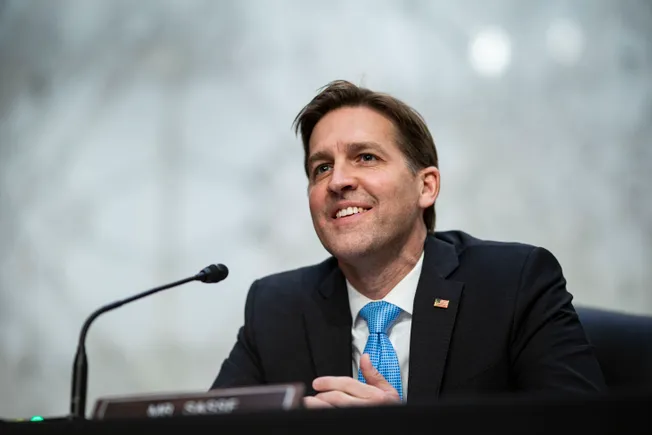Dive Brief:
- Former University of Florida President Ben Sasse defended his use of institutional funds after state officials called for an investigation into spending during his 17 month-tenure.
- Spending in the university’s presidential office more than tripled under Sasse compared to his predecessor, according to an investigation by The Independent Florida Alligator, an independent student newspaper.
- In a lengthy social media post, Sasse attributed the dramatic increase to “a number of important new initiatives,” including reshaping the core curriculum, opening a new graduate campus in Jacksonville and improving the post-tenure review system. He denied that any part of the university had spent money inappropriately.
Dive Insight:
Sasse’s office spent $17.3 million during his first year, allocating funds to high-dollar contracts and positions for his political allies, The Independent Florida Alligator reported. In comparison, President Kent Fuchs’ office spent $5.6 million the year prior to Sasse’s arrival.
The report caught the eye of Florida state officials, including Gov. Ron DeSantis.
“We take the stewardship of state funds very seriously and have already been in discussions with leadership at the university and with the Board of Governors to look into the matter,” Bryan Griffin, DeSantis’ communications director, said in a Friday statement.
Florida state CFO Jimmy Patronis called the news of the “exorbitant spending” concerning, and he said in a Thursday social media post that his department will reach out to the State University System of Florida’s board of governors to offer investigatory support.
The state auditor informed the system that the agency’s regularly scheduled audit of the University of Florida will include expenditures made by the president’s office, according to Cassandra Edwards, the system’s director of communications.
In his Friday response to spending criticisms, Sasse — who resigned from the presidency in July citing family health issues — ardently defended hiring practices within his former office.
“Yes, I persuaded almost a dozen folks who had worked with me in one or more of my last three jobs, both in and out of politics, to join in this important work — as basically all arriving CEOs do,” he wrote.
The university’s board and selection committee embraced Sasse’s approach to hiring, he said.
“We also cut spending and consulting expenses in some areas,” he said on social media. “But countervailing accounting realities aren’t sexy amid breathless social media.”
Sasse also gave a laundry list of pricey initiatives he sought to pursue during his brief presidency, including authorizing K-12 charter schools throughout the state and and partnering “with Florida’s booming space industry.”
“Does everyone agree on the benefit-calculus of each of these initiatives, or on the pacing and priority-ranking among them?” Sasse wrote. “Of course not — and that is fine.”
Sasse said he believed each of the initiatives he pursued would benefit the state’s residents “immensely if brought to fruition.”
It is not clear if Fuchs, who is currently serving as interim president, intends to continue supporting these goals during the university’s transition period. The University of Florida did not immediately return a request for comment Monday.
Florida residents, and the U.S. more broadly, should be debating academic reforms more, according to Sasse.
“What is unhealthy is pretending that having reformers at the helm of a prestigious university would somehow not be…disruptive,” he said. “That was very much the point.”
Sasse also criticized the methods by which academia typically operates.
For example, he called for “speed and flexibility rarely seen in higher education” and dismissed the university’s previous faculty hiring processes as running at a “sleepy pace where status-quo bureaucracies often drift for years.”
Sasse’s departure as president of the University of Florida did not take him far.
In addition to giving him full severance, the institution’s trustees permitted Sasse to stay on in an alternative capacity until at least 2028, he said. The university’s website lists him as president emeritus and a professor within the institution’s Hamilton Center, which focuses on Western civilization.
Sasse drew criticism from University of Florida’s campus community since the first public announcement in late 2022 that he was the sole finalist for the president job.
The former Republican senator from Nebraska supported views that were unpopular with many students and staff, and the university’s faculty passed a no confidence vote in the search process that ultimately got him the job.


